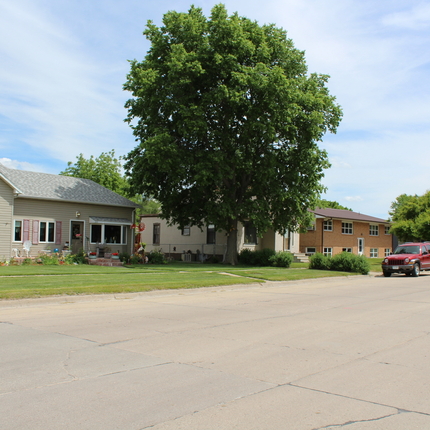South Dakotans are struggling with the financial fallout from the COVID-19 pandemic and some are finding it difficult even to pay for essential services, such as electricity and water. Some utility providers have decided to suspend shut-offs due to unpaid bills during the pandemic, including the state’s investor-owned utilities and the cities of Sioux Falls and Rapid City. However, many rural co-ops and municipalities have made no such commitment, leaving their community members vulnerable.
Electrical co-ops serve 92 percent of the nation’s 395 poorest counties. This includes 11 counties in South Dakota. According to the U.S. Department of Agriculture, these “persistent poverty counties” have a poverty rate of 20 percent or more. Only 15 counties in the U.S. are designated as “extreme poverty” (having a rate greater than 40 percent), and 4 of those counties are in rural South Dakota.
Rural communities also face a higher-than-average energy burden (the total percentage of household income spent on electricity) making them even more at-risk for shut-offs. Nationally, low-income families in rural areas experience one of the most significant energy burdens at 9 percent, and the average burden for rural elderly residents is typically 44 percent higher than the non-elderly.
South Dakota’s unemployment tripled from March to April and currently stands at more than 10 percent. Residents are experiencing unprecedented financial strain. Utility providers can help protect the safety and health of our communities by working with customers on flexible payment plans and considering temporarily suspending disconnects. We encourage residents to communicate with their utility provider if they anticipate difficulty in paying their bills.





